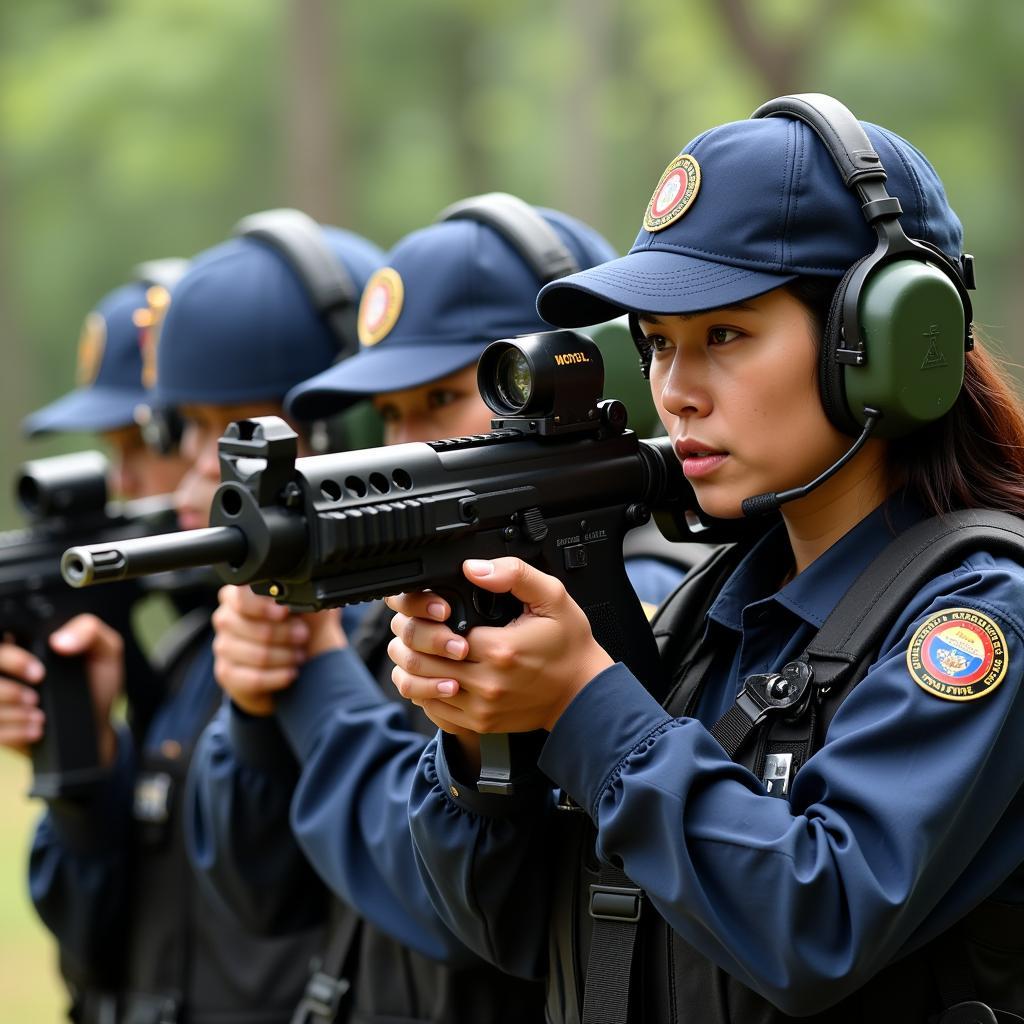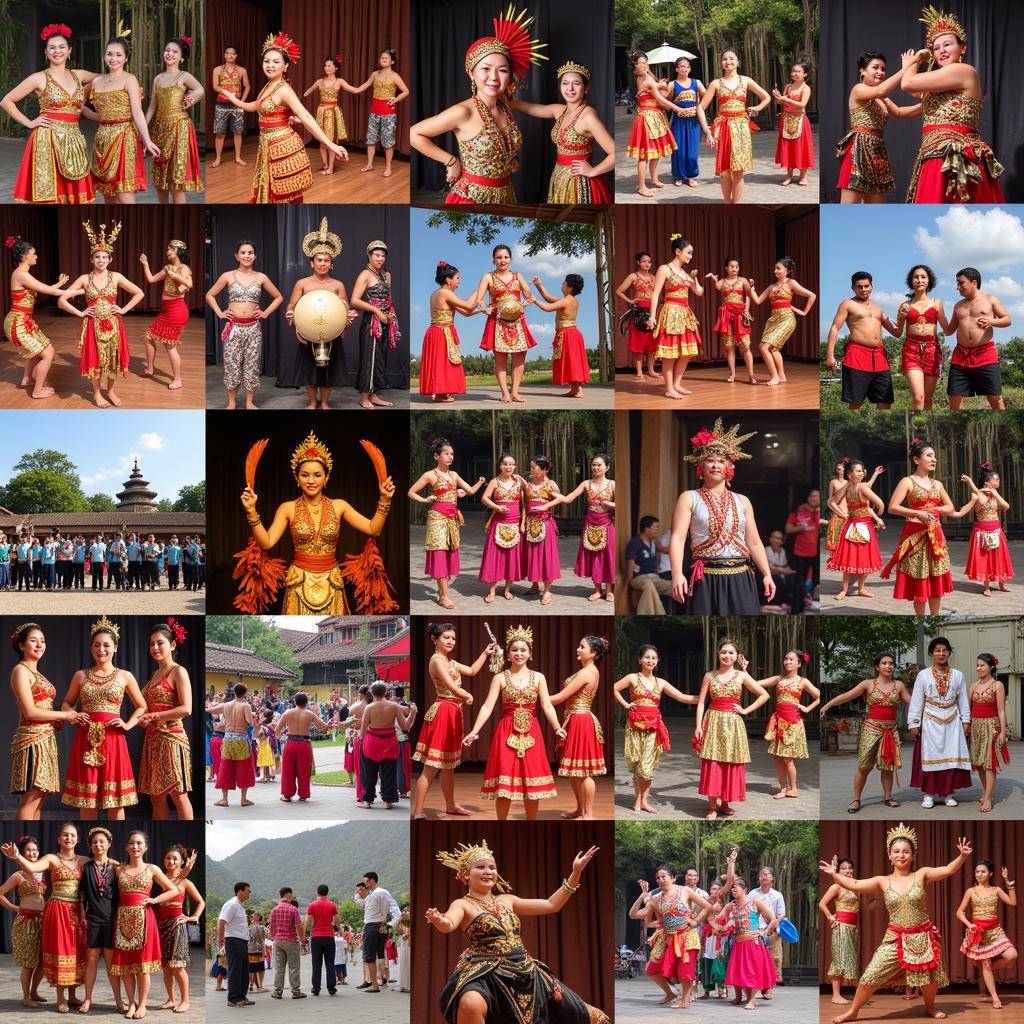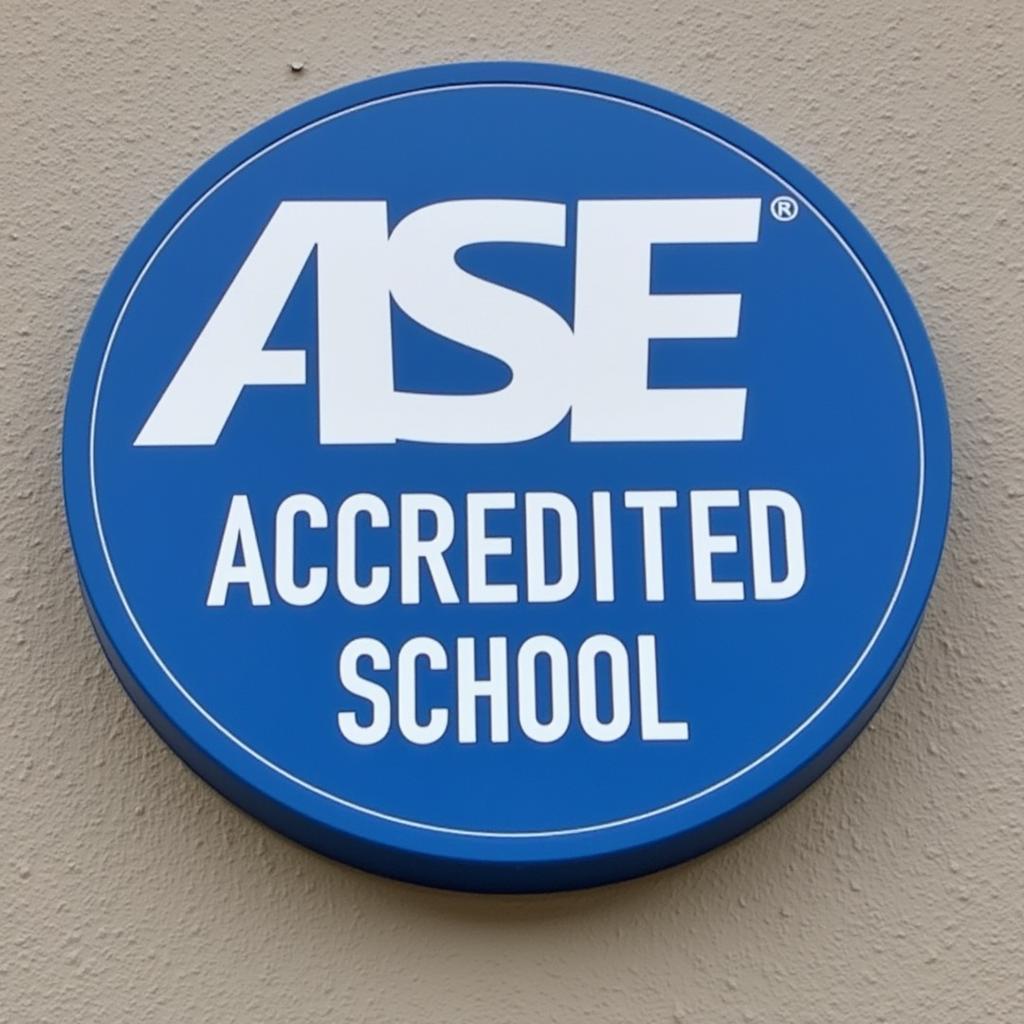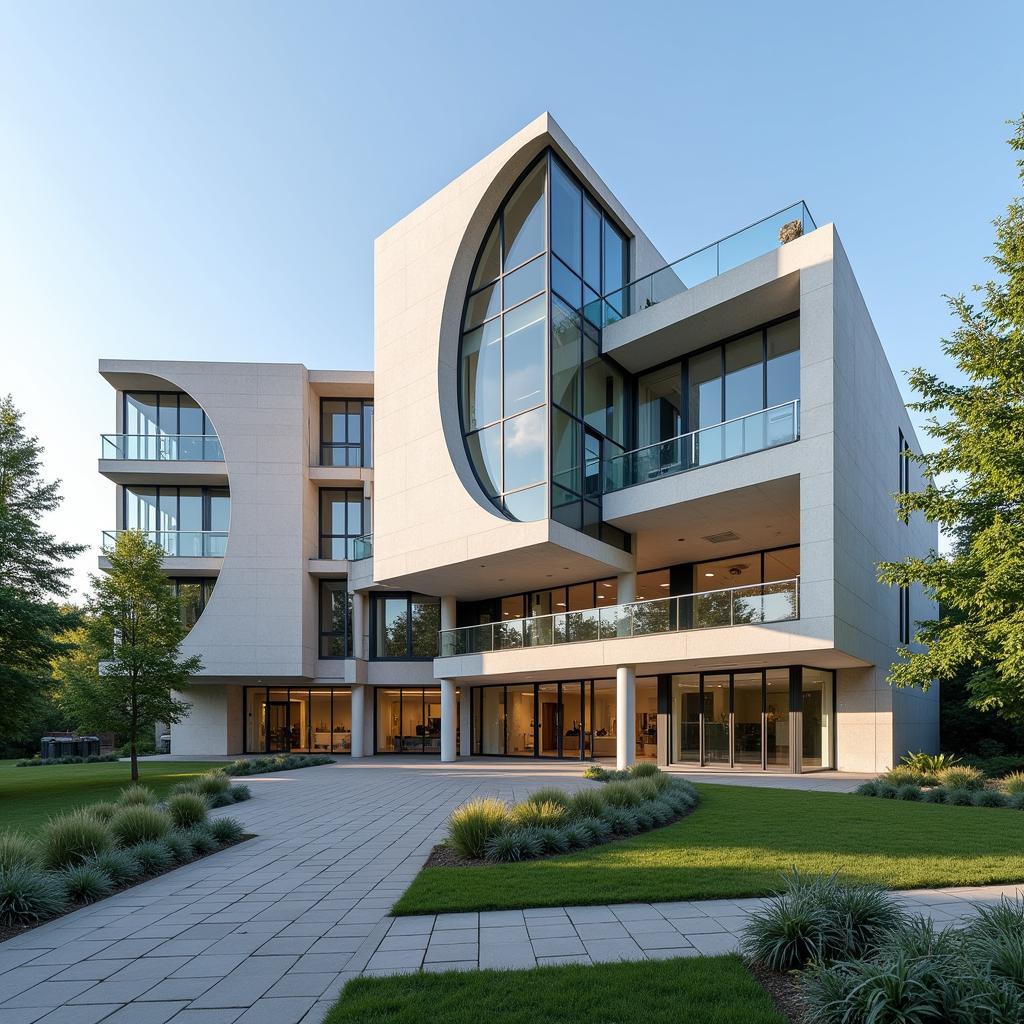Sound moderators, also known as suppressors or silencers, are devices designed to reduce the acoustic intensity of gunfire. While often portrayed in movies and video games, their real-world applications and regulations vary significantly across the globe. In the context of ASEAN, understanding the role and legal standing of sound moderators requires a nuanced approach.
This article delves into the world of ASEAN sound moderators, examining their potential benefits, concerns surrounding their use, and the diverse legal landscape within the region.
The Appeal of Sound Moderators
Despite their often-misleading portrayal in media, sound moderators do not completely silence gunfire. Instead, they muffle the sound, making it less disruptive and potentially safer for both users and those nearby.
Here are some of the key advantages associated with sound moderators:
- Hearing Protection: Prolonged exposure to gunfire can lead to significant hearing damage. Sound moderators can help mitigate this risk, particularly for professionals who frequently use firearms, such as law enforcement and military personnel.
- Reduced Noise Pollution: In areas where shooting ranges or hunting activities are prevalent, sound moderators can help minimize noise complaints from residents and preserve the tranquility of natural environments.
- Improved Accuracy: By reducing muzzle blast and recoil, sound moderators can improve shooter accuracy, particularly for novice or less experienced users.
Concerns and Misconceptions
The use of sound moderators is often met with skepticism and concern, largely fueled by their portrayal in fictional media. Let’s address some common misconceptions:
- Increased Criminal Activity: One prevalent concern is that sound moderators could facilitate criminal activities by making it more difficult to detect gunfire. However, studies have shown no direct correlation between the legal availability of sound moderators and an increase in gun-related crime.
- Unregulated Access: Stringent regulations and background checks are already in place in most countries for firearm ownership. These regulations would similarly apply to the purchase and use of sound moderators, ensuring they do not fall into the wrong hands.
 ASEAN Police Training with Sound Moderators
ASEAN Police Training with Sound Moderators
ASEAN’s Diverse Legal Landscape
Regulations surrounding sound moderators vary significantly across the ASEAN region. While some countries allow their use for specific purposes, others maintain strict prohibitions.
- Singapore: Singapore maintains very strict gun control laws, and the use of sound moderators is generally prohibited.
- Malaysia: Sound moderators are tightly regulated in Malaysia and typically require special permits. Their use is generally restricted to specific professions and purposes.
- Thailand: Thailand allows the use of sound moderators for certain purposes, such as hunting, but requires proper licensing and registration.
It’s crucial to note that these are just a few examples, and the specific laws and regulations can differ significantly within each country.
Navigating the Future of Sound Moderators in ASEAN
The use and regulation of sound moderators in ASEAN remain complex and evolving issues. As the region continues to grapple with balancing individual rights with public safety concerns, the debate surrounding these devices is likely to persist.
Factors that could influence future policy decisions include:
- Technological Advancements: Innovations in sound moderator technology could lead to more effective and potentially safer designs, prompting a reassessment of existing regulations.
- Regional Cooperation: Increased collaboration and information sharing among ASEAN member states could lead to more standardized regulations and enforcement practices.
- Public Awareness Campaigns: Educating the public about the potential benefits and addressing misconceptions surrounding sound moderators could foster a more informed and balanced discussion.
Conclusion
Sound moderators are complex devices with both potential benefits and associated risks. Within the ASEAN region, their legal status and perception vary significantly, reflecting the diverse cultural norms and regulatory approaches of member states.
As with any technology that intersects with public safety, open dialogue, evidence-based policymaking, and a commitment to finding solutions that prioritize the well-being of all stakeholders are crucial for navigating the evolving landscape of sound moderators in ASEAN.
FAQ
1. Are sound moderators legal in all ASEAN countries?
No, regulations vary significantly across ASEAN nations. Some countries permit their use for specific purposes, while others maintain strict prohibitions.
2. Can sound moderators be used for hunting in ASEAN?
The legality of using sound moderators for hunting depends on the specific regulations of each ASEAN country. Some countries may allow it with proper licensing, while others may prohibit it entirely.
3. Do sound moderators make guns completely silent?
No, sound moderators do not completely silence gunfire. They significantly reduce the noise level but do not eliminate it entirely.
4. Can owning a sound moderator lead to legal issues?
Owning a sound moderator without proper authorization or using it for illegal purposes can result in severe legal consequences, including fines, imprisonment, or both.
5. Where can I find more information about sound moderator regulations in a specific ASEAN country?
For the most up-to-date and accurate information, it’s essential to refer to the official government websites and legal resources of the specific ASEAN country in question.
Need further assistance? Contact us:
Phone: 0369020373
Email: [email protected]
Address: Thon Ngoc Lien, Hiep Hoa, Bac Giang, Vietnam.
Our dedicated customer support team is available 24/7 to assist you.


